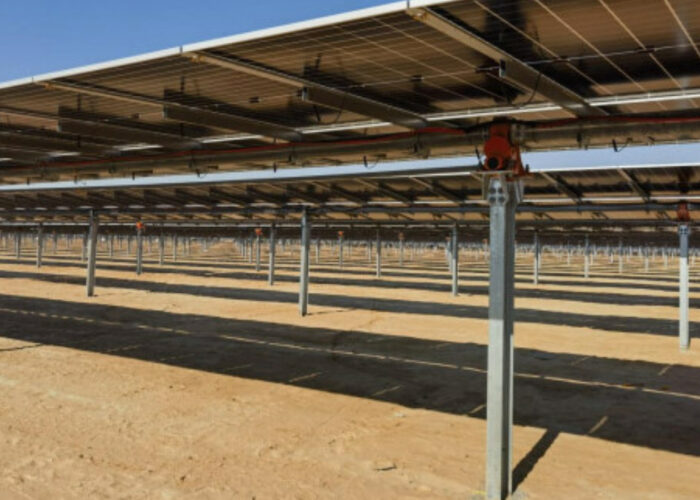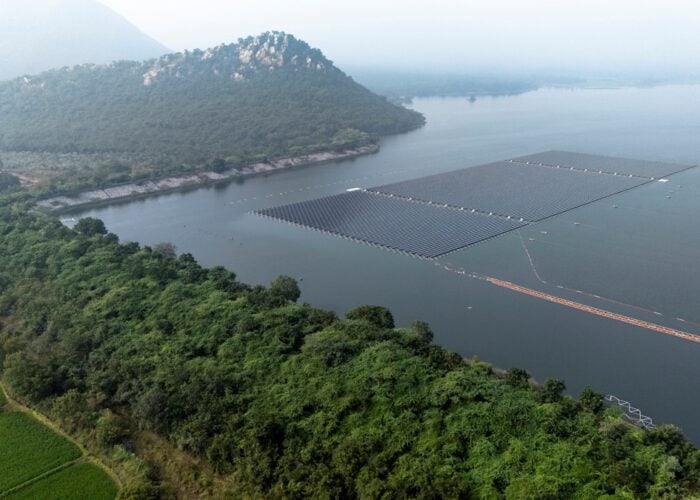Battery-based energy storage could provide up to 13 different services to the US electricity grid, while the usefulness of the technology increases the more ‘distributed’ it is along the system, according to a new report.
Sustainability group Rocky Mountain Institute, which in 2014 merged with Carbon War Room, the climate change combating non-profit group founded by billionaire entrepreneur Richard Branson, issued “The economics of battery energy storage”, last week.
Try Premium for just $1
- Full premium access for the first month at only $1
- Converts to an annual rate after 30 days unless cancelled
- Cancel anytime during the trial period
Premium Benefits
- Expert industry analysis and interviews
- Digital access to PV Tech Power journal
- Exclusive event discounts
Or get the full Premium subscription right away
Or continue reading this article for free
The report examines what services batteries can provide to the grid, where batteries need to be on the grid to deliver each of these services, how much value batteries can generate when performing multiple tasks at high utilisation (known in the industry as ‘benefit stacking’) and finally what barriers exist from allowing batteries to provide those services.
The report is essentially a high-level repurposing or re-reporting of conclusions commonly reported as held by a number of experts within the energy storage industry. At the beginning of this year the largest regulated electric delivery business in Texas, Oncor Electric Delivery, proposed that it should be allowed to install 5,000MW of mostly customer-sited energy storage. Based on a report it commission from consultancy The Brattle Group, Oncor said wholesale markets and transmission and distribution (T&D) systems alike could benefit from the use of storage but that the economics of doing so are prohibiting deployment.
At the time, one energy expert, Melissa C Lott, said the regional electricity transmission and distribution operator’s plan to install energy storage batteries could enable ‘benefit stacking’as a way of overcoming “crippling challenges” faced by energy storage.
Similarly, a small municipal utility in Ohio recently decided to build a 7MW storage facility connected to a 4.2MW solar plant, playing into the fast-acting grid frequency regulation market while also smoothing and shifting the output of the solar farm.
For the full version of this story, visit PV Tech Storage.






